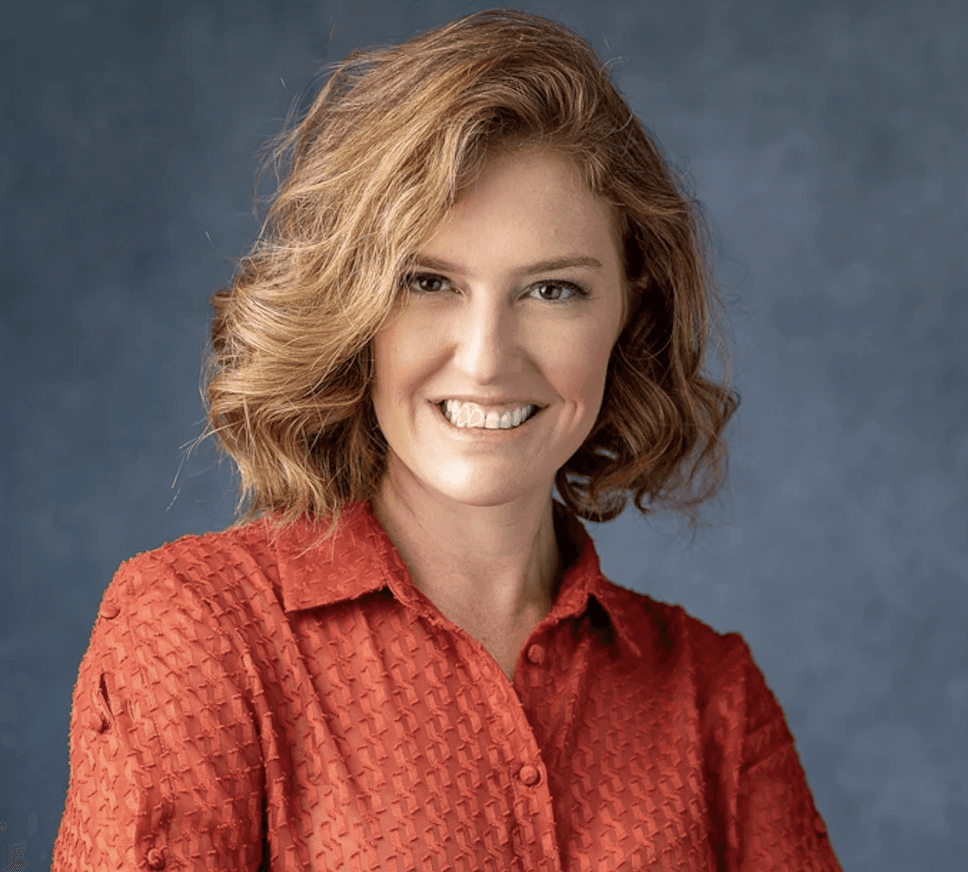Nicole Dyskant
CEO and Co-founder at RegDoor
Please introduce yourself and your background. What has brought you into fintech?
I’m Nicole Dyskant — a lawyer, advisor, mother of two girls and two software companies (with the same co-founder and life partner). Over the past 25 years, I’ve worked across legal, regulatory, and compliance roles in financial markets. My entry into fintech was a natural evolution of that background. As regulation began to intersect with digital assets, I started thinking about how to solve long-standing compliance challenges — not just better, but 10x better.
That mindset led to RegDoor, where I serve as CEO and Co-founder. We’re building an agentic policy platform that helps regulated entities meet complex requirements and preserve institutional knowledge. My co-founder, who’s also my husband, is a natural builder. Together, we previously launched Compliasset, which was acquired by a public company in Brazil. Now, with RegDoor, we’re applying that model globally — reimagining compliance for the digital era. I also support firms like Fireblocks, Taxbit, and Mercado Bitcoin as a Global Senior Advisor for Regulatory and Public Affairs.
It’s amazing to see that you’ve been active in this space for over 20 years. From your perspective, how has the role of women evolved in crypto and fintech? Are we seeing real progress?
We’ve come a long way, but there’s still a lot of work to do.
When I started in finance in the early 2000s, women in leadership or technical roles were a rarity. Today, the numbers are still low, but the environment is changing. We have stronger support networks, more visibility for women-led initiatives, and a broader recognition that diversity drives performance.
Organizations like 100 Women in Finance, FIN4SHE, Women on Board, and Women Invest have been instrumental in promoting representation. I’ve had the privilege of serving as Co-Chair of 100WF Brazil, and I see firsthand how much these communities matter. But real equality is still a work in progress.
That’s encouraging to hear! What are the biggest barriers still holding women back in fintech and crypto?
The barriers are both structural and cultural.
On the structural side, women still face limited access to capital, leadership pipelines, and sponsorship. Professional networks are often male-dominated, which makes breaking in harder. On the cultural side, fintech and crypto are still seen as “male spaces” — and that perception alone can keep women out.
That said, things are improving. Investors are beginning to demand diversity in the companies they back. And interviews like this one help normalize women’s presence and leadership. It’s something I push for constantly, in my firms, in the boards I serve on, and through groups like Mulheres do Mercado, Compliance Women Committee, and ElasInTech.
You’ve clearly been intentional about creating inclusive spaces. What structural changes do you think are needed to open more leadership opportunities for women in crypto?
I think it starts with visibility and access. We need to highlight the women already leading and make sure they have space to speak, influence, and mentor. Organizations should set clear diversity goals, build inclusive pipelines, and ensure women are on the shortlist for leadership and board roles.
Networking is just as critical. I always encourage women to build strong relationships — with peers, regulators, clients, and service providers. The more visible and connected you are, the more likely you are to be considered for strategic roles.
At my former law and advisory firm, we had an all-women team for years. Now, at RegDoor, we’re building a female-led leadership team and a 100% women advisory board, not just because it’s the right thing to do, but because it makes us better. There’s strong data showing women make more informed decisions and deliver great returns for investors.
That’s a powerful example and a great case for why inclusion isn’t moral but strategic. What personal or professional qualities do you think help women succeed in fintech and crypto?
First, passion. Loving what you do is the foundation for resilience in such fast-moving industries.
Second, be willing to embrace discomfort. Step into roles that challenge you, and don’t fear failure. I call it being a “happy loser” — you learn, you grow, and you keep going.
Third, build your network. Relationships are everything: your team, your peers, regulators, clients, service providers. This industry moves quickly, and doors often open through people you know. And finally, stay active in communities that support women. They’re where a lot of leadership and opportunity starts.
